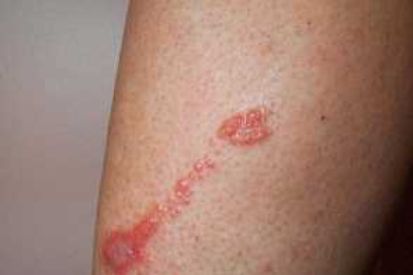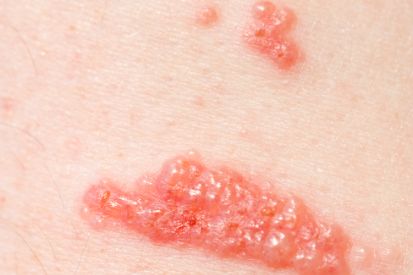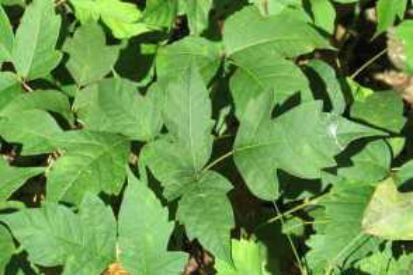Poison Ivy Rash
It's important to see a dermatologist for poison ivy because they can accurately diagnose the rash and provide specific treatments to ease the itching and discomfort. The experts at Dermatology of Athens can guide you on how to take care of your skin to avoid complications like infections or scarring. Their expertise ensures you get the right care quickly, helping you feel better faster and preventing future problems with poison ivy.
Examples of Poison Ivy Rash



Symptoms of Poison Ivy
- Poison ivy rash symptoms usually appear quickly – about 12 to 48 hours after contact.
- Symptoms may last for two to three weeks and almost always require some form of treatment.
- Typical symptoms of poison ivy rash include redness, itching, swelling, and blisters.
What Causes Poison Ivy?
- The rash of "poison ivy" occurs when the skin comes in contact with the leaves, stems or roots of poison ivy, poison oak or poison sumac.
How to Prevent Poison Ivy Rash
To prevent a poison ivy rash, learn to identify the plant with its distinctive three-leaf pattern. When in areas where poison ivy may be present, wear protective clothing such as long sleeves, pants, closed shoes, and gloves
Poison Ivy Rash FAQs
In most cases, home care is sufficient. However, if the rash is severe, widespread, or causing significant discomfort, it's advisable to consult with a dermatologist. They can provide personalized advice and prescribe medications if needed.
Poison Ivy rash is an allergic reaction to the oil from the poison ivy plant. You likely got it by touching the plant or items that came in contact with the oil. It's common during outdoor activities.
The rash typically lasts 1-3 weeks, and while it can be uncomfortable, it usually goes away on its own. Over-the-counter creams and cool compresses can help soothe itching. If severe, a dermatologist can prescribe stronger medications.
Absolutely! Once the rash clears, you can resume outdoor activities. Take precautions, wear protective clothing, and learn to identify poison ivy to minimize the risk of future exposure.
Poison Ivy Treatments
- Topical Steroids: Prescription or over-the-counter topical corticosteroids can help reduce inflammation, redness, and itching associated with a poison ivy rash.
- Oral Antihistamines: Over-the-counter antihistamines, such as diphenhydramine, can help relieve itching and discomfort.
- Calamine Lotion: Applying calamine lotion to the affected areas can help soothe the skin and reduce itching.
- Prescription Medications: In severe cases, a dermatologist may prescribe stronger medications, such as oral steroids, to manage widespread or persistent symptoms.
Featured Products

SkinCeuticals Soothing Cleanser
Calming, soap free cleansing foam with a high-concentration blend of botanical extracts to dissolve impurities while soothing compromised skin. 5 fl oz / 150 mL

Epionce Renewal Calming Cream
Renewal Calming Cream is clinically proven to relieve the symptoms of eczema, including itching, redness and dryness. Formulated with cholesterol and ceramides to help protect the skin barrier, Renewal Calming Cream hydrates and repairs extremely dry skin.
